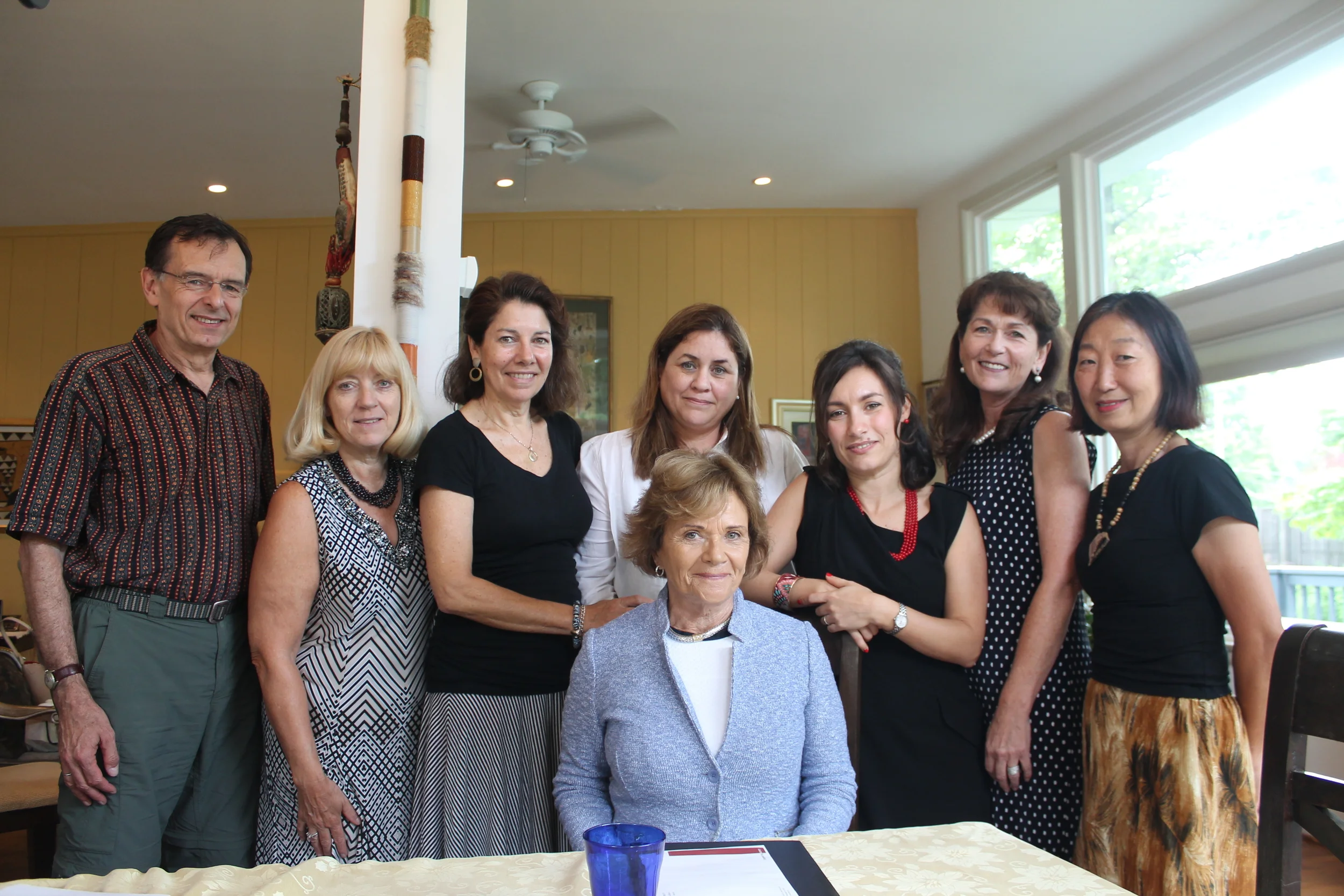By Reiko Niimi
Personal story
“Slumdog Millionaire is one of my favorite movies, because its message -- based on the coming-of-age story of two brothers in India -- has always resonated powerfully: “You can be what you want!” Born in Aguascalientes, in rural Mexico, from an early age, I have both questioned and believed in the truth of that phrase.
I am the second child of four raised by a strong mother. The long absence of my father and the macho, class-conscious society in which I grew up has no doubt contributed to building my resilient character. I grew up hearing that there was “no money for studies, so work and earn money” or more frequently, that without a (financially) supportive family “Who can take you seriously?” Under these circumstances, I saw two options: either adapt and accept my daily reality, or counter this social paradigm with determination. I have always had to work while studying, sometimes more than 16 hours a day. This has impacted the time it takes to complete my coursework and obtain degrees, but I am not giving up; I still work for my goals!
JUSTICE is the key word underlying my doctoral thesis. A professor advised me to identify a research topic that I could feel in the pit of my stomach. So I decided to focus on the difficulties faced by women in my socio-economic situation and from rural areas to access higher education. I am linking education theory, practice and results, in order to reduce the obstacles to education and justice, currently confronted by vulnerable youth, especially indigenous women.”
Mariela Escobedo has given us permission to translate and share the above from her successful application for a grant from MMEG in 2017. After graduation from Universidad Iberoamericana in Mexico, she intends to organize an NGO that advocates access to education for marginalized women.
Obstacles confronting indigenous women
Mariela’s preliminary research shows:
- The indigenous population in Mexico is more than 6 percent of the population, or 7 million people (INEGI, the National Institute of Geography and Statistics in Mexico).
- 16.5% of the population, 15 years or older, have at least one year of college, and an equal proportion of women and men were enrolled in 2003 (Cordoba, 2016).
- However, only 2.8% of the indigenous population in Mexico reached higher education in 2010. Only one in four of them are women.
Education policies regarding indigenous inclusion have focused at the primary level, particularly basic literacy (Chavez,2008). Despite this success, they do not have the same support to continue their education. Mariela’s research shows that Indigenous students fail to pass university admission exams, because of deficiencies that accumulate in high school. Women are further discouraged by community expectations, such that a college acceptance and scholarship may be declined out of family concern for her safety and social risks (e.g. unwanted pregnancies and sexual abuse) -- compared to encouragement for men to seize such opportunities. She believes that the benefits of higher education must thus be promoted through community-level awareness-raising programs, in order to increase the number of women in higher education.
Even after arriving at a university, despite the odds, indigenous women face linguistic discrimination (since Spanish is not their mother tongue), social ostracism, and lack of role models. There are few scholarships for the indigenous population, and no university programs that promote the retention of indigenous students, especially during their first year --a period that is crucial for continuing studies up to graduation.
We are proud that Mariela is looking for ways that public policy in Mexico can improve access to higher education for indigenous women!
----------------------------------
REFERENCES
Data of indigenous population in Mexico:
http://cuentame.inegi.org.mx/poblacion/lindigena.aspx?tema=P
Distribution of student population in higher education, Mexico:
Cordova, Martha, (2016), La mujer mexicana en la educación superior. https://psicolatina.org/Cuatro/mexicana.html
http://www.scielo.org.mx/scielo.php?script=sci_arttext&pid=S0185-27602008000400003
Research of Eugenia Chávez about indigenous students:
Chávez Arellano, María Eugenia (2008). Ser indígena en la educación superior ¿desventajas reales o asignadas?,vol.37, pp.31-55.:
http://www.scielo.org.mx/scielo.php?script=sci_arttext&pid=S0185-27602008000400003











